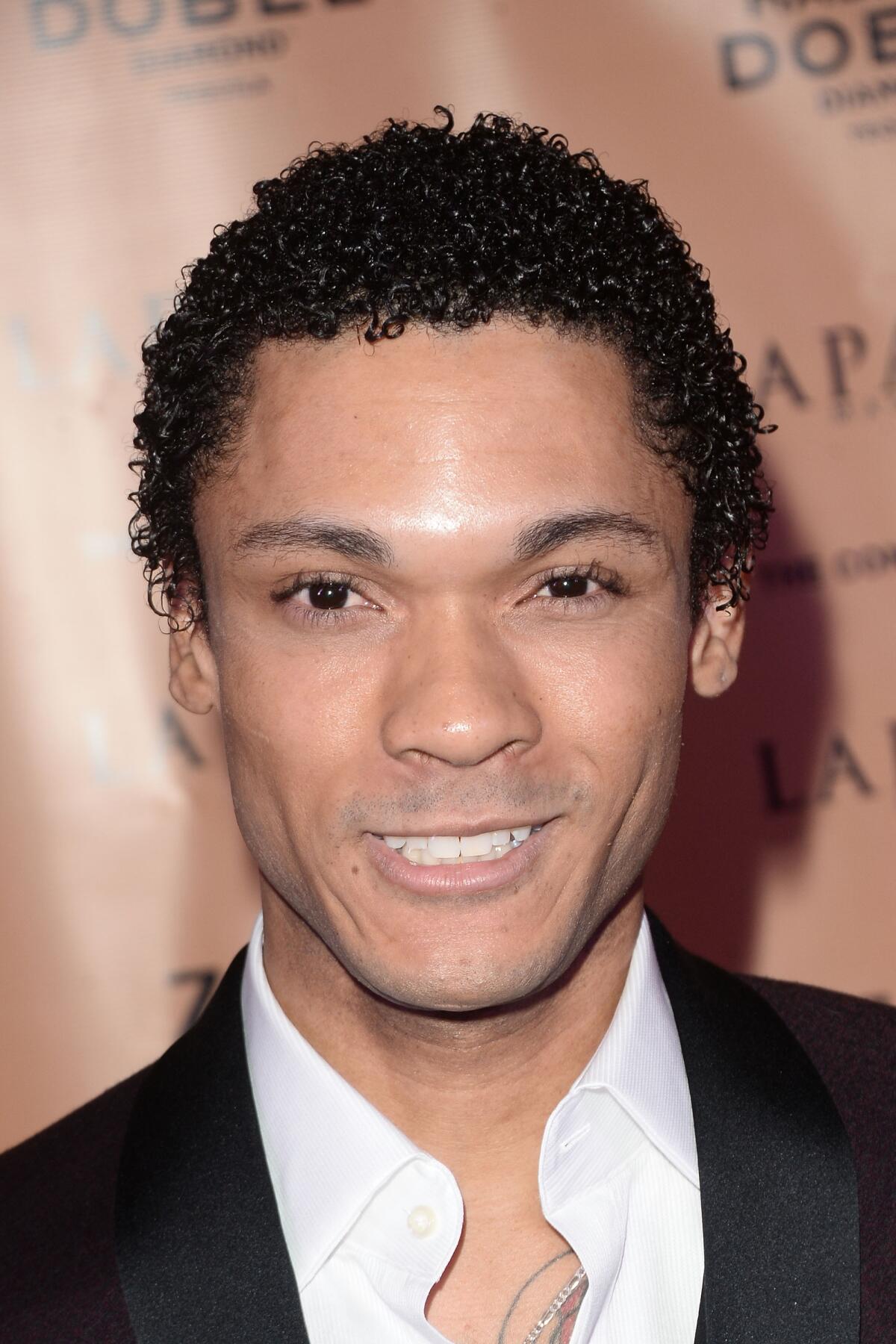In the wake of Pope Francis's passing, a pivotal moment unfolds as cardinals under eighty converge at the Vatican to select the next leader of the Catholic Church. This centuries-old tradition, shrouded in secrecy, parallels the recent cinematic portrayal in Edward Berger’s film "Conclave," which offered a dramatized take on the papal election process.
The film, already a box-office success, has grossed over $115 million worldwide, captivating audiences with its depiction of the conclave where the cardinals choose the pope. Dr. Kurt Martens, a canon law professor, noted that "Conclave" provides a largely accurate, though dramatized, representation of the proceedings, highlighting the intrigue and complexities at play.
"Conclave" unfolds against the backdrop of a fictionalized papal death, exploring the intense emotional and ideological battles among cardinal electors over who will be the next Pontiff. Critics have lauded the film not only for its gripping narrative but also for its dedication to portraying the traditional, secretive practices that accompany the papal election, from strict security protocols to the inner conflicts faced by the cardinals.
As the days progress, the world watches closely, eager to see how the real-life election mirrors the portrayals in "Conclave" and what legacy the incoming pope will establish.























